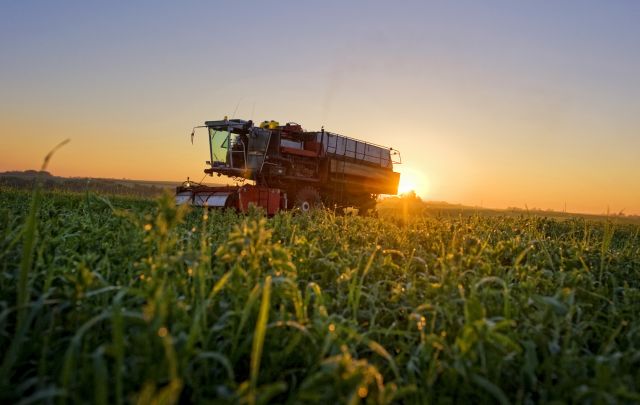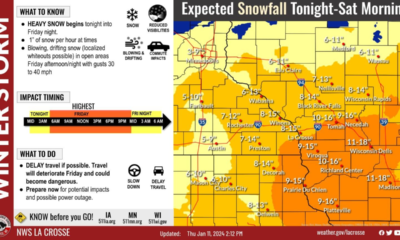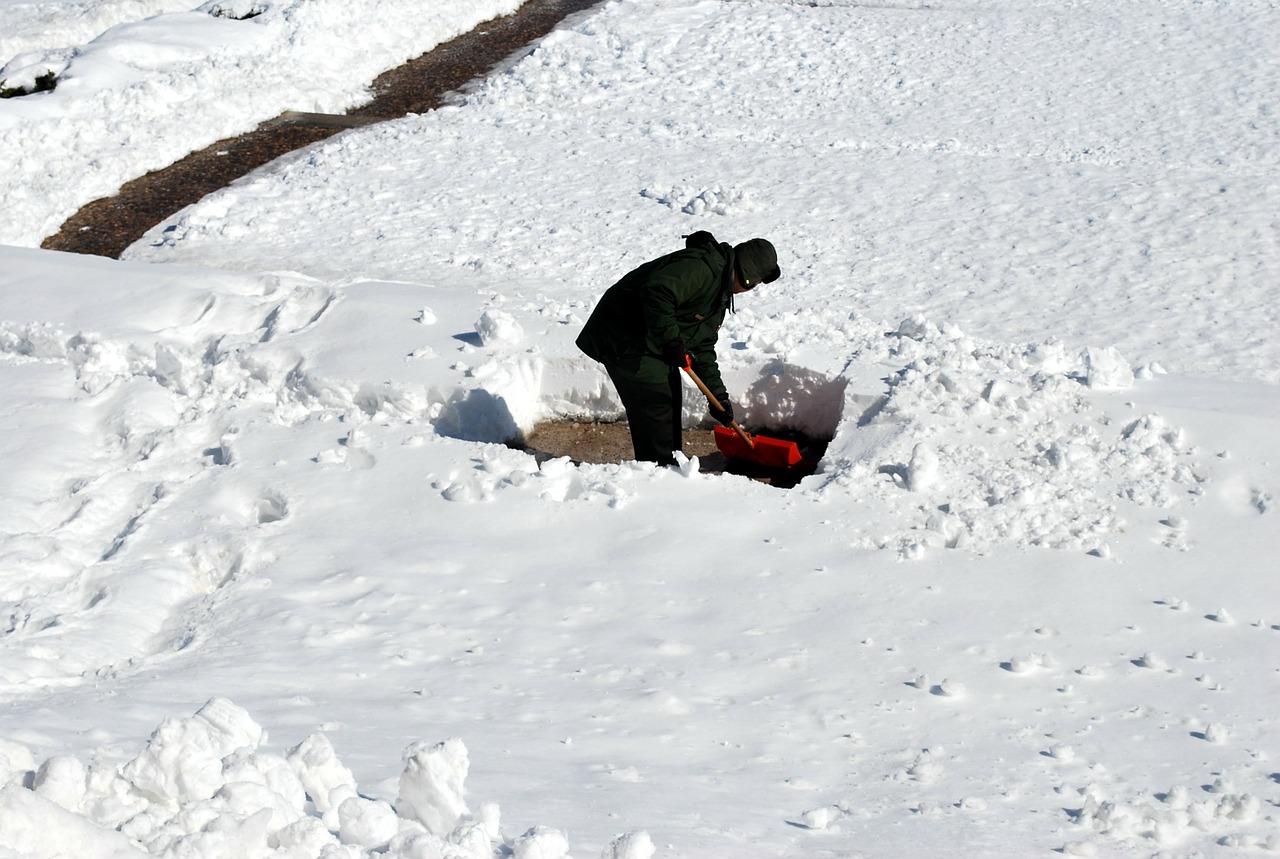Agriculture
Caledonia farm provides vegetables to schools amid severe weather damage

Students may not want to think about going back to school yet, but a farming family in Caledonia has been preparing for months. Sno Pac Foods, Inc. in Caledonia is a family-owned farm and processing plant.
The original farm began around the year 1900. Pete Gengler, owner, said his great-grandfather and grandfather had a dairy and raised crops for the Onalaska Pickle and Canning Company. In the 1930s, they built a locker plant and started butchering for local farmers. With their new ammonia refrigeration system, the Genglers started experimenting with freezing vegetables.
Today, Sno Pac farms 3,000 acres of organic vegetables and employs 50 full-time people. Gengler said he became interested in working with Farm to School because of his work on the board of directors with Fifth Season Cooperative in Viroqua.
.
“We’ve always been providing vegetables for local folks around here,” Gengler said. “Back in the day, we had a route that went through La Crosse and made 100 stops in every ma and pa grocery store in La Crosse back in the 40s and 50s. It just seemed to fit.”
“We always say we were organic before organic was cool,” Gengler said.
Their products are distributed nationally. The family partnered with farm-to-school programs about 6 years ago to help get fresh foods into area districts beyond Caledonia like La Crosse, West Salem, and Bangor.
“It is always fun,” Gengler said. “Some of the schools have said that the kids eat more of their vegetables since they have been using our vegetables, which is pretty nice to hear. It is fun to do that.”
Gengler said they also welcome school groups and organizations to their farm for tours.
Unfortunately, Sno Pac was not immune to the impacts of this wet spring and summer.
“It’s been very tough on us,” Gengler said. “We couldn’t get anything planted. What we did get planted was planted late, and we’re expecting about a 50 percent loss on our crops this year.”
Gengler says crop insurance will not cover all of their losses from this year, but it will help maintain routine operations. He said their peas, green beans and edamame were hit the hardest.
“Vegetables are a lot more sensitive to those heavy rains than corn or regular soybeans even,” Gengler said. “In the end, they just can’t take it.”
As of this week, the farm was trying to harvest and calculate the damage to their green beans.






